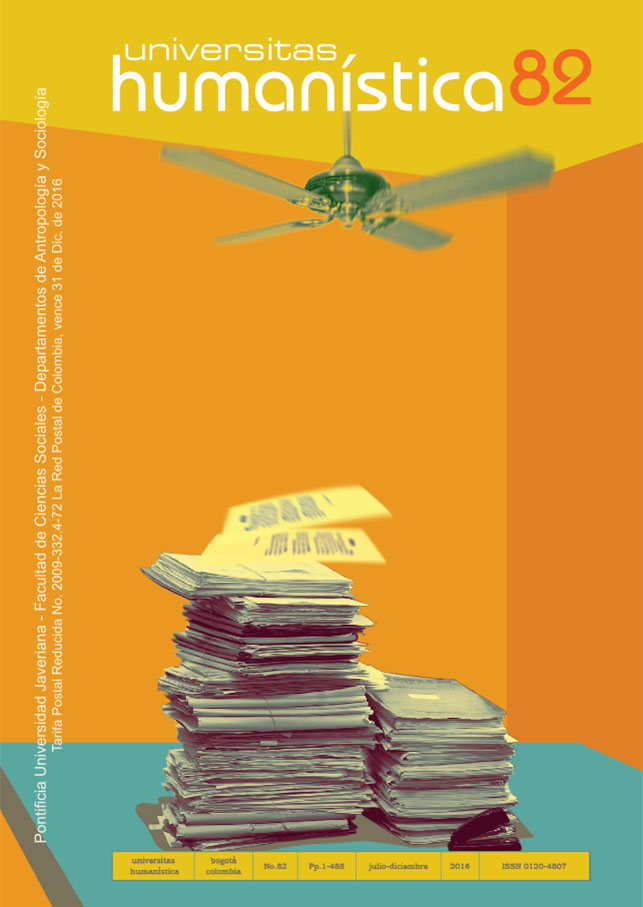Multiculturalism as a Governance Model in Chile: State, Academy, and Brokers
##plugins.themes.bootstrap3.article.details##
The purpose of this reflection article is to analyze the participation of the actors of the academic-scientific field in Chile in the implementation and development of an indigenous population management program, defined as a governance model characterized as ‘neoliberal multiculturalism’. Specifically, we present the ‘Orígenes’ program, aimed at indigenous populations in Chile, and we analyze the case of the Isluga Institute of the Arturo Prat University to demonstrate the existence of a link between the production and circulation of academic knowledge and the development of this model. Based on the analysis of interviews to researchers in the academic field of social and human sciences in Chile, as well as the analysis of curricula vitae and institutional documents, this article contributes to reflect from a critical perspective on the interaction processes between the academic field and the State. The cases shown allow us to conclude that the academic actors may perform as brokers, intellectually supporting and disseminating this model.
multiculturalism, neoliberalism, State, brokers, academic actorsmulticulturalismo, neoliberalismo, Estado, brokers, atores acadêmicosMulticulturalismo, neoliberalismo, Estado, brokers, agentes académicos


